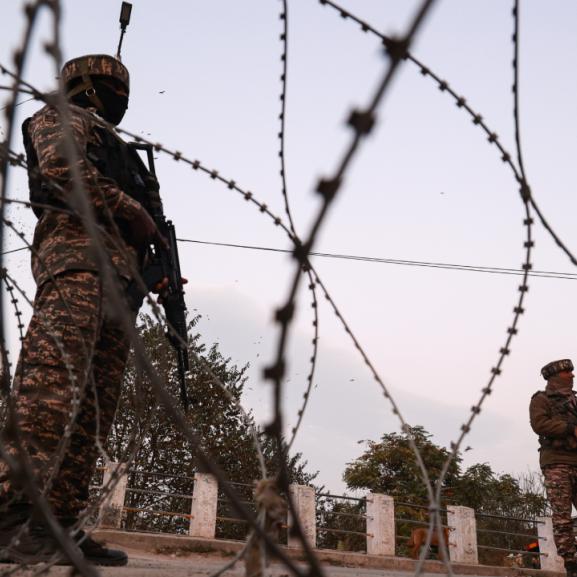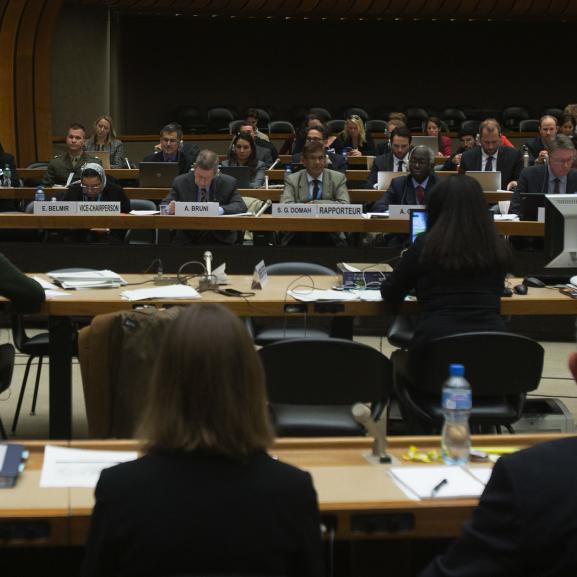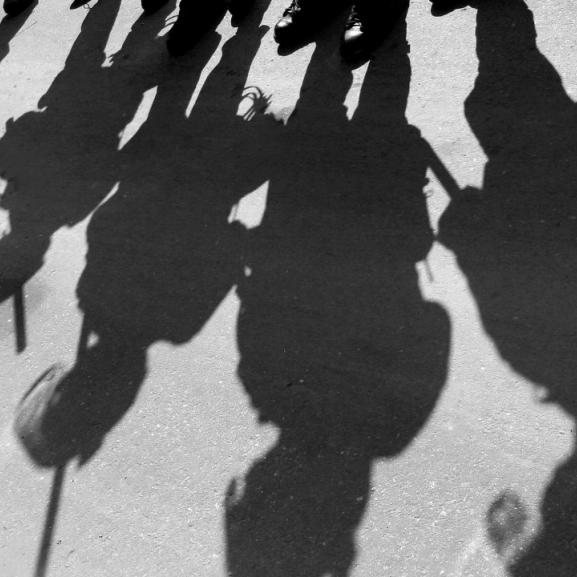Sri Lanka must honour its promise to deliver an internationalised justice process, say torture survivors
The participation of foreign judges is essential if survivors are to place their trust in Sri Lanka’s long-awaited justice process; and they are now placing their hope in the UN High Commissioner for Human Rights to ensure that Sri Lanka holds to its promises: these are the messages of a new report published by Freedom from Torture as the UN High Commissioner for Human Rights prepares to visit Sri Lanka from 6 February.
“Why Sri Lankan torture survivors want an internationalised justice process” is a collaboration between Sri Lankan survivors of torture, the survivor activist network Survivors Speak OUT and Freedom from Torture.
The torture survivors, all in treatment with Freedom from Torture, insist that international judges and other personnel must be at the heart of ensuring accountability for human rights violations in Sri Lanka, as Sri Lanka agreed in the UN resolution in October 2015. However, in recent weeks, President Siresena has appeared to retreat from that undertaking.
Sonya Sceats, Director of Policy and Advocacy, Freedom from Torture, said:
“It is imperative that the UN High Commissioner for Human Rights gets the justice deal back on track. The agreement was struck by the new Sri Lankan government at the UN just a few months ago.
Such is their despair with the domestic justice system in Sri Lanka that survivors of torture are adamant that they will only support an internationalised process. Those we have been talking to at Freedom from Torture suggest that half the judges should be international and half of the domestic judges should be chosen by the Tamil community.
Sri Lanka is at a crossroads in the quest for justice for torture and other serious human rights abuses. The new government recognises that accountability is essential to reconciliation and lasting peace. To get this right and deliver stability throughout the country, they must listen to the survivors.”
Freedom from Torture and Survivors Speak OUT are committed to promoting the voices of torture survivors as a source of learning about how torture should be addressed and prevented in the future. Other recommendations made by Sri Lankan torture survivors in the new report include:
- The UN High Commissioner for Human Rights should visit the Tamil-populated areas in the north and east where many violations have taken place and speak directly with local people without military interference;
- Justice and a political settlement for the Tamil people must be delivered in tandem - one must not be used as an excuse for deferring the other;
- “Big fish” – the senior leaders who gave the orders and are responsible for torture and other international crimes - must be investigated and prosecuted, rather than just lower-level perpetrators;
- The justice process must include torture which took place after the end of the civil war in May 2009;
- The safety of victims and witnesses must be assured via a specialist witness protection programme that is sensitive to the needs of torture survivors, including those who suffered sexual torture, and should be run by UN or other international staff, not the Sri Lankan government; and
- There must be redress for survivors of torture and other serious human rights abuses, including access to rehabilitation services and compensation so they can rebuild their lives.






